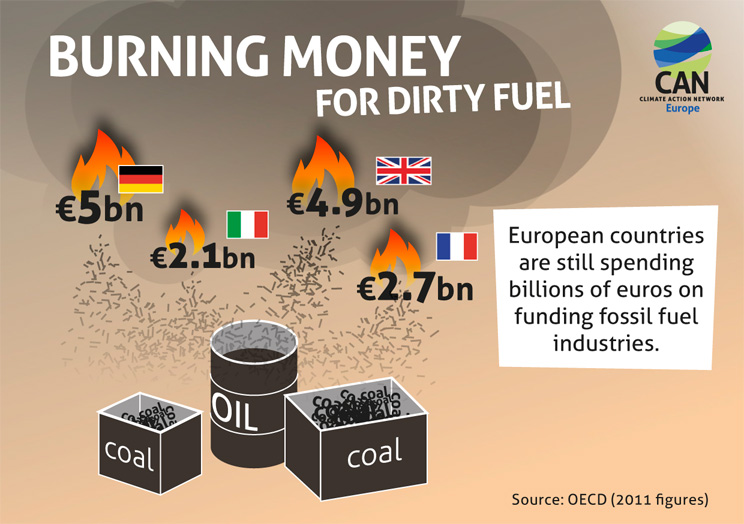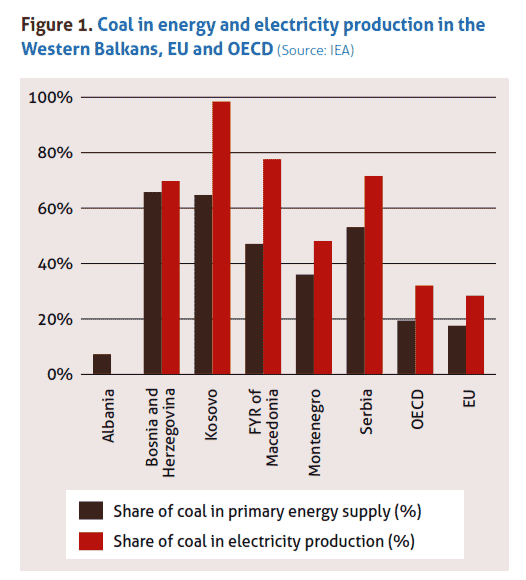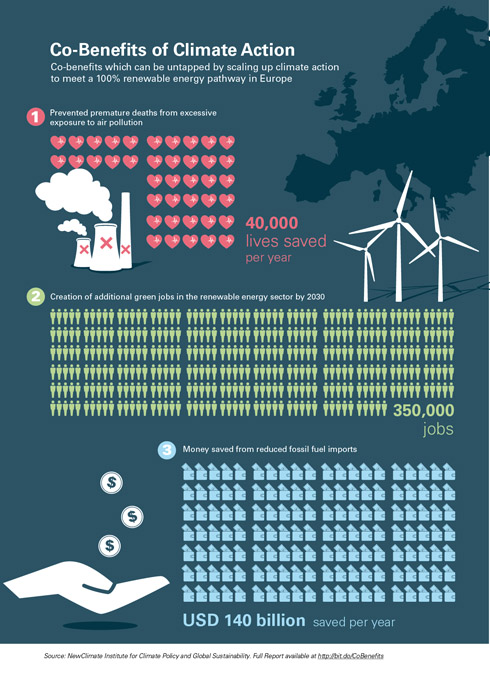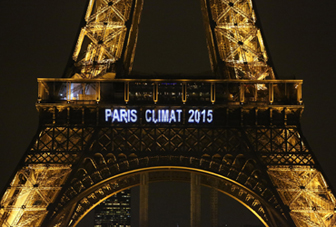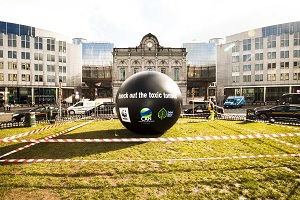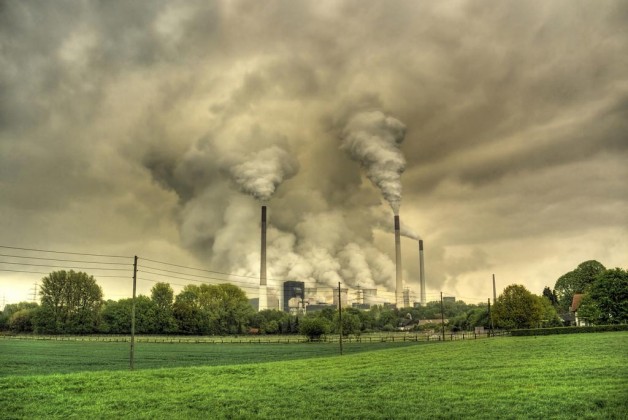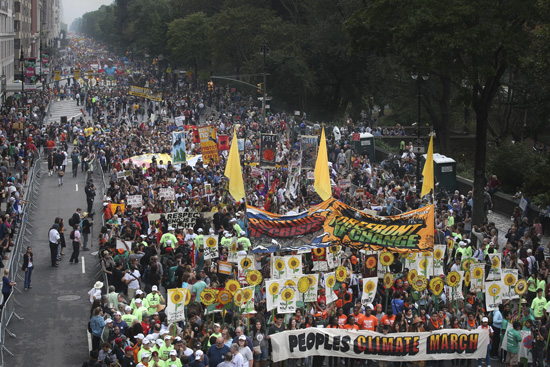Renewable energy is the only way forward! Wrong solutions for climate protection
Economic stakeholders will continue play a huge role in the energy transition and have a real responsibility. Their (investments) decisions will be crucial in the struggle to tackle climate change. Two thirds of current greenhouse gas emissions are attributable to only 90 companies (mainly active in the fossil fuels sector).

